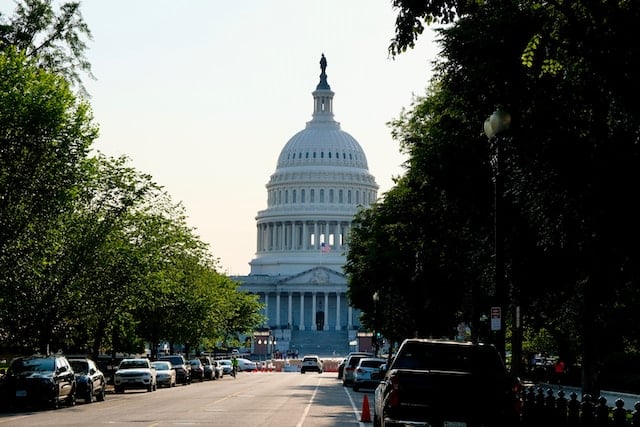Republicans and Democrats Unite on Stablecoin Legislation

Republicans and Democrats in the United States are likely to reach an agreement on the proposed bill to regulate stablecoins. Two senior members of the Financial Services Committee, who drafted the bill, have stated that Republicans are seeking state-wise regulation for stablecoins, but this will not hinder the advancement of the bill.
Both parties agree on the importance of establishing guardrails for fiat-backed digital currencies to avoid a “race to the bottom.” Previously, Democrats and Republicans were reportedly at odds over the legislation.
The House Financial Services Committee has rescheduled its vote on the legislation, which aims to create a regulatory framework for stablecoins and cryptocurrency trading in the country. Representative James French Hill, a Republican from Arkansas, mentioned during an online event that they want to enable state pathways for stablecoin regulations without compromising on necessary safeguards. The current draft of the bill grants the US Federal Reserve authority to enforce and review stablecoin regulations.
Federal Reserve Chairman Jerome Powell has also expressed the central bank’s stance on playing a role in regulating payment tokens in his testimony before the US Congress.
Representative Jim Himes, a senior Democrat on the Financial Services Committee, echoed similar sentiments and believes that the state versus federal policy debate on stablecoin regulations will not pose a major hurdle to passing the bill into law.
The representatives are hopeful that comprehensive regulatory frameworks for stablecoins and crypto markets in the US will advance by the end of July.
The House Financial Services Committee has rescheduled the vote on stablecoin and crypto legislation to July 26. If the bill passes in the committee, it will move to the Senate for approval from the Democrats. The bill will also require acceptance from the Biden administration to become law.
The proposed legislation grants the Commodity Futures Trading Commission (CFTC) broader oversight over cryptocurrencies compared to the US Securities Exchange Commission (SEC), potentially leading to significant changes in the current regulatory landscape for the industry in the country.








